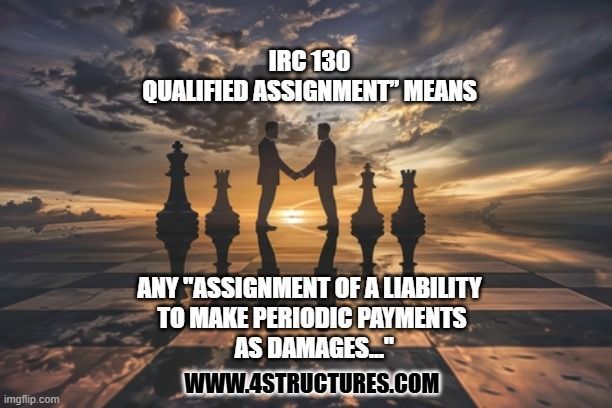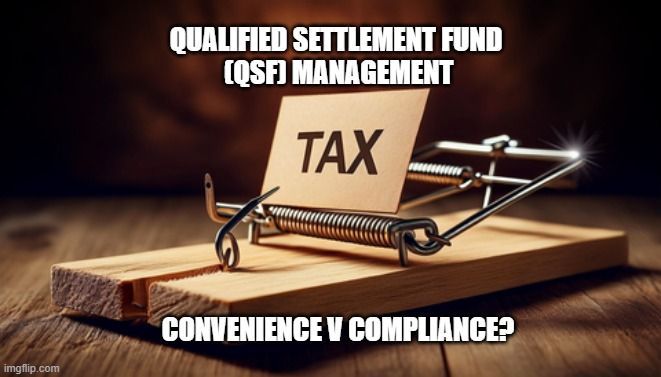What is a Lifetime Annuity?

What is a Life Annuity?
A lifetime annuity
- turns part of your settlement recovery, or savings, into guaranteed income you can’t outlive.
- The mortality risk is transferred to a life insurance company, whose expertise lies in evaluating mortality and leveraging economies of scale to distribute that risk across its policyholders and annuitants.
- can lock in an immediate or deferred income stream for life (immediate annuity or deferred income annuity)
- means you can receive stable, secure, guaranteed* payments regardless of market conditions
- payments may cease upon the death of the measuring life, OR can include guarantees that provide an alternative way to address the possibility that the measuring life will die prematurely.
A lifetime annuity is a financial tool worth considering if you have a family history of longevity or are confident that you may live a long life. It allows you to allocate funds to ensure a consistent income stream over time..
What Do Americans Worry About the Most?
Nearly two in three Americans (64%) worry more about running out of money than death, according to the 2025 Annual Retirement Study from the Allianz Center for the Future of Retirement, part of Allianz Life Insurance Company of North America (Allianz Life). Source: Americans Are More Worried About Running Out of Money Than Death | Allianz Life April 25, 2025
A statistic that may surprise you
In 2022 Go Banking reported that its survey found that the majority of Americans who fear that they will run out of money during retirement are those far from retirement age, as 74% of respondents who voiced this concern were between the ages of 25 and 34. The survey revealed that concerns about running out of money dwindled with age, as 56% of Americans 65 and over (still a majority) shared this concern.***
Taxation of Lifetime income Annuities
Generally, with respect to income taxes,
- where a structured settlement annuity is paid for a lifetime, the payments are free of income taxes, if the payments represent damages on account of personal physical injury or physical sickness or are payments from a workers compensation , or wrongful incarceration claim. [for more information see Internal Revenue Code Sections 104(a)(1) and 104(a)(2). For Wrongful Incarceration see IRC 139F ]
- if the lifetime annuity is purchased by you from your after-tax savings ("non qualified" annuity ), some of the income is not subject to tax. To figure out how much income is excluded you must first calculate the exclusion ratio. The exclusion ratio is your net investment in the annuity (amount you paid for the annuity) divided by your expected return from the plan. The expected return is the total amount of annuity payments that you'll receive. Generally, an annuity provides for lifetime payments, so the total amount of annuity payments depends on your life expectancy at the annuity starting date. For example, if your net investment is $100,000 and the expected return through your life expectancy is $250,000 then the exclusion ratio is .40 (100,000 divided by 250,000). [ for more information see 26 CFR 1.72-4 - Exclusion ratio]
- if a lifetime income annuity is purchased as part of the settlement of litigation where the damages are fully taxable (for example an employment related settlement), or as a distribution from a qualified pension plan, then each annuity payment is fully taxable. There is no exclusion ratio.
What are the Other Types?
Types of Structured Settlement Payments? Annuity Payments?
Notes:
* subject to the financial strength and claims paying ability of the annuity issuer.
** "you could live for miles and miles and miles" is a parody of part of the chorus from "I Can See for Miles", a 1967 song by British rock band The Who that was written by Pete Townshend and is not intended to imply any endorsement, or that buying an annuity for retirement, or agreeing to a structured settlement, has any effect on your longevity.
***"66% of Americans Are Worried They’ll Run Out of Money in Retirement", by Maddie Duley October 27, 2022
Last updated July 2, 2025















